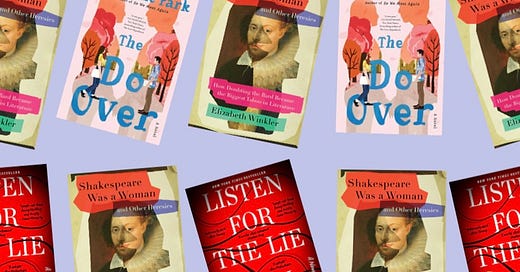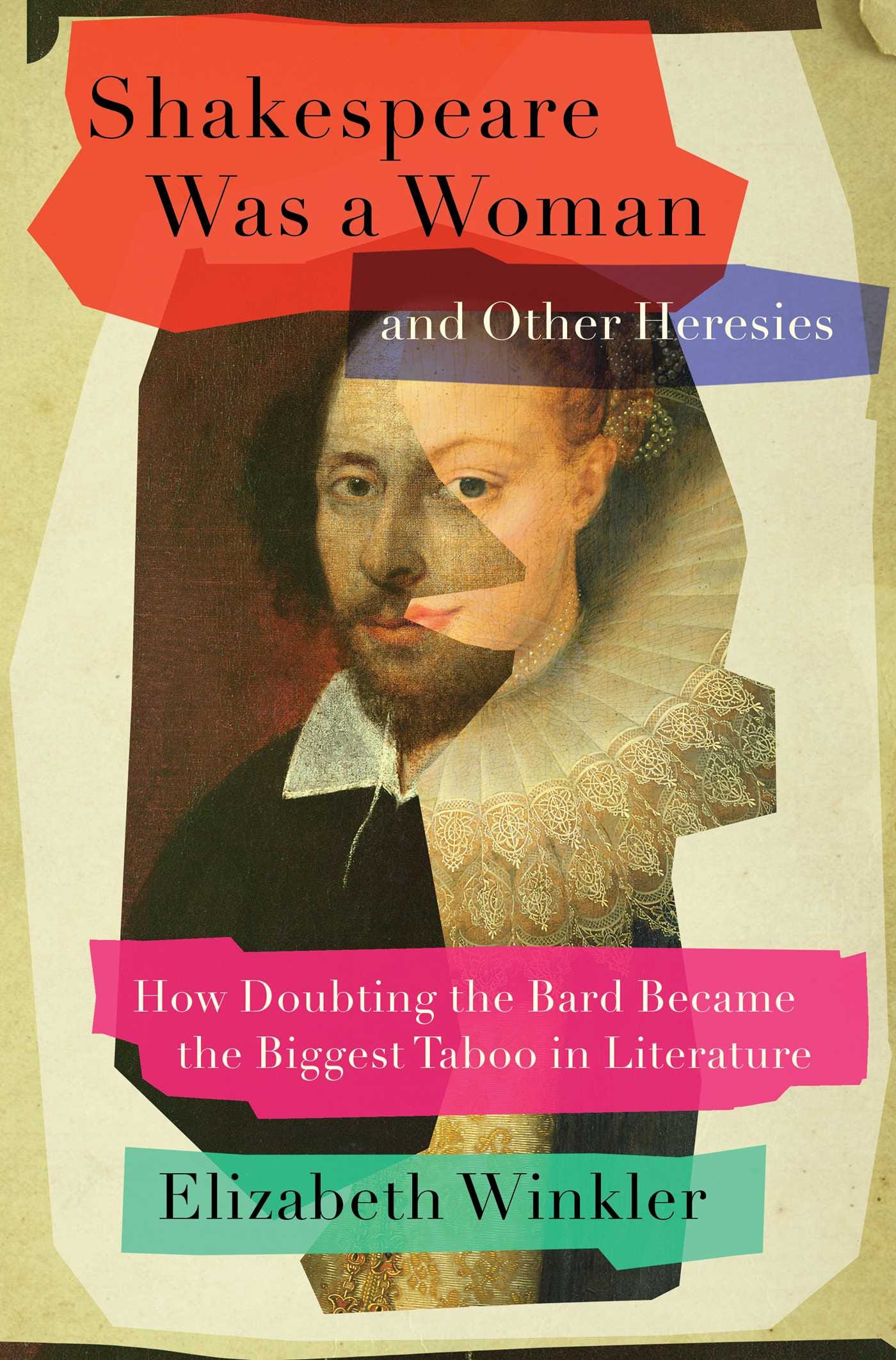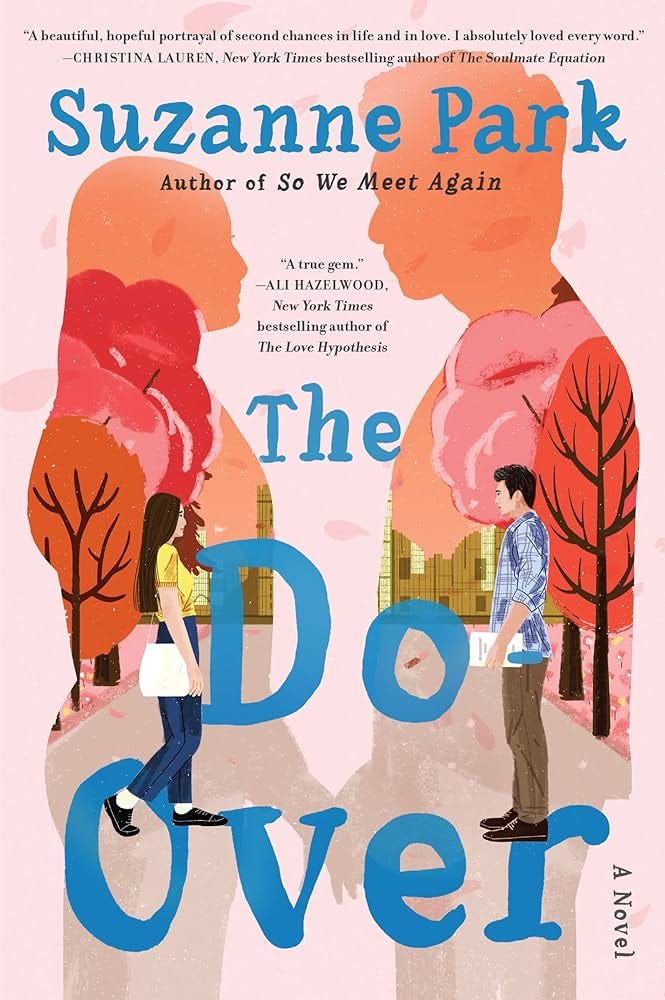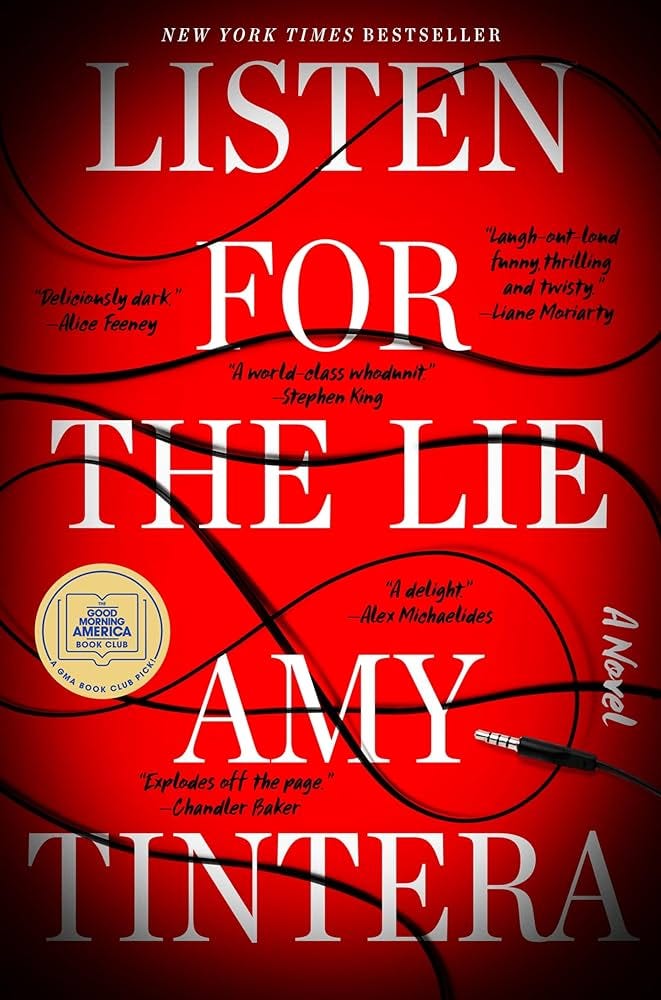Hi friends,
Hope you had a great weekend.
Before I dive into today’s recommendations I want to thank Leigh Kamping-Carder for shouting out What To Read If as the one newsletter she always reads in Inbox Collective last week. Leigh writes
, a fantastic newsletter for people born with heart conditions (and those who care about them). Check it out!And, now, what to read if…
You’re Celebrating Shakespeare’s Birthday (Or Are You?)
Shakespeare Was a Woman by Elizabeth Winkler
Tomorrow, April 23, would be William Shakespeare’s 460th birthday, but journalist and book critic Elizabeth Winkler would likely say it’s the birthday of random man, not the writer of the plays and sonnets that remain beloved today.
Winkler is what’s known in Shakespeare circles as an “anti-Stratfordian,” — she doesn’t believe the Stratford man with the name William Shakespeare is the writer. In Shakespeare Was a Woman, she lays out the case, tracks its history and documents the surprising people who have supported it over the years, including multiple Supreme Court justices, Sigmund Freud, Walt Whitman and Prince Phillip. She also documents how it became a “literary taboo” to question the authorship of this body of work.
What is clear — and even Stratfordians acknowledge — is that we know remarkably little about William Shakespeare. We have no plays or poems written in his own hand and only six copies of his signature. One of the few documents that does exist — his will — includes no mention of any books. Even Shakespeare’s biographers admit to filling in the gaps, by explaining what could be true.
After reading Shakespeare Was a Woman, I did some reading on the “Shakespeare is Shakespeare” position and now I’m not entirely sure where I land on the question. What I found most interesting about the book, which is surprisingly funny and extremely readable, is its examination of how we become confident in the things we think we know are true, and the broader question of historical truth.
If you have strong feelings on the authorship question — and I’m sure many of you do — let me know in the comments.
You’ve Ever Wanted a Second Chance
The Do-Over by Suzanne Park
Who among us hasn’t wished for the opportunity to redo a moment or a period in our lives? Lily Lee, the heroine of Suzanne Park’s The Do-Over, gets to do just that, but she’s not happy about it.
Lily is an expert career coach, writing books and developing social media content to help women land their dream jobs. Unfortunately, when interviewing for her own dream job, a routine background check uncovers that she never actually completed her college degree. So, a decade after walking across the graduation stage, an embarrassed Lily returns to campus to earn her last few credits. There are two wrinkles in Lily’s plan. First, to keep her book contract, she needs to hide her student status. Second, the TA in her computer science class is her old college boyfriend, Jake Cho, and time did not eliminate the chemistry between them.
I entered my Suzanne Park era late last year when I read four of her six books in a frantic three-week period. The only reason I didn’t binge them all is I like knowing I have two in reserve. Like her other work, The Do-Over combines a romantic arc with a coming-of-age story, as Lily becomes more confident while attending frat parties and study sessions as a thirty-something. As author duo Christina Lauren said, “Suzanne Park is a hidden gem in the romance world, and The Do-Over is her best book yet.”
You’re Looking for a Page Turner
Listen for the Lie by Amy Tintera
Occasionally I finish a book and love it so much, I immediately include it in the newsletter. That’s the case with Amy Tintera’s Listen for the Lie, the latest in the growing genre of true-crime-podcast thrillers.
In this case, the podcast shares the name of the book and the latest season of “Listen to the Lie” is ruining Lucy’s life. Host Ben Owens is reporting on the murder of her best friend Savvy five years earlier — and Lucy’s suspected involvement in it. Half a decade after the attack, Lucy still has no memories of the night in question and has fled her small Texas town to escape the suspicious glances of her neighbors. The podcast — and her beloved grandmother’s insistence she participate in it — bring Lucy back to the Lonestar State and she sets out to finally regain her memory, even if it means learning she’s guilty.
I’ve now read quite a few thrillers that bring in true crime elements and Listen to the Lie ranks among the best. Interspersed among chapters from Lucy’s perspectives are episodes of Ben’s podcast, meaning we see both her take on their interviews and how they’re then presented on air. The structure makes it both a gripping mystery and sharp critique of how true crime properties flatten victims in the name of a narrative. If you’re an audiobook person, this is one to listen to. The dual narration and production values make it feel like an old-time radio drama … or a podcast.
Reminder recs: “Fake true crime” in the archives includes Megan Goldin’s The Night Swim, I Killed Zoe Spanos by Kit Frick, Conviction by Denise Mina and Katie Gutierrez’s More Than You’ll Ever Know.
Bonus newsletter rec: Tracy Bealer writes the True Crime Fiction, which examines novels like these as well as “real” true crime.
Thanks, as always, for reading. Have you read any of this week’s picks? Mad that I had the audacity to question if Shakespeare is Shakespeare? Leave a comment.
What to Read If is a free weekly book recommendation newsletter. Need a rec? Want to gush about a book? Reply to this email, leave a comment or find me on Instagram or Threads.
If you’re reading this on Substack or were forwarded this email, and you’d like to subscribe, click the button below.
Disclosure: I am an affiliate of Bookshop.org and I will earn a commission if you click through and make a purchase.







Thanks so much for the shout out (and the roundup up Fake True Crime!) I missed this post when it dropped because I was lucky enough to spend Shakespeare’s birthday in London for Spring Break. We toasted the Bard in a pub that he *could* have visited, which seems appropriately ambiguous for the book you recommend :)
Thanks for the shoutout! 😊